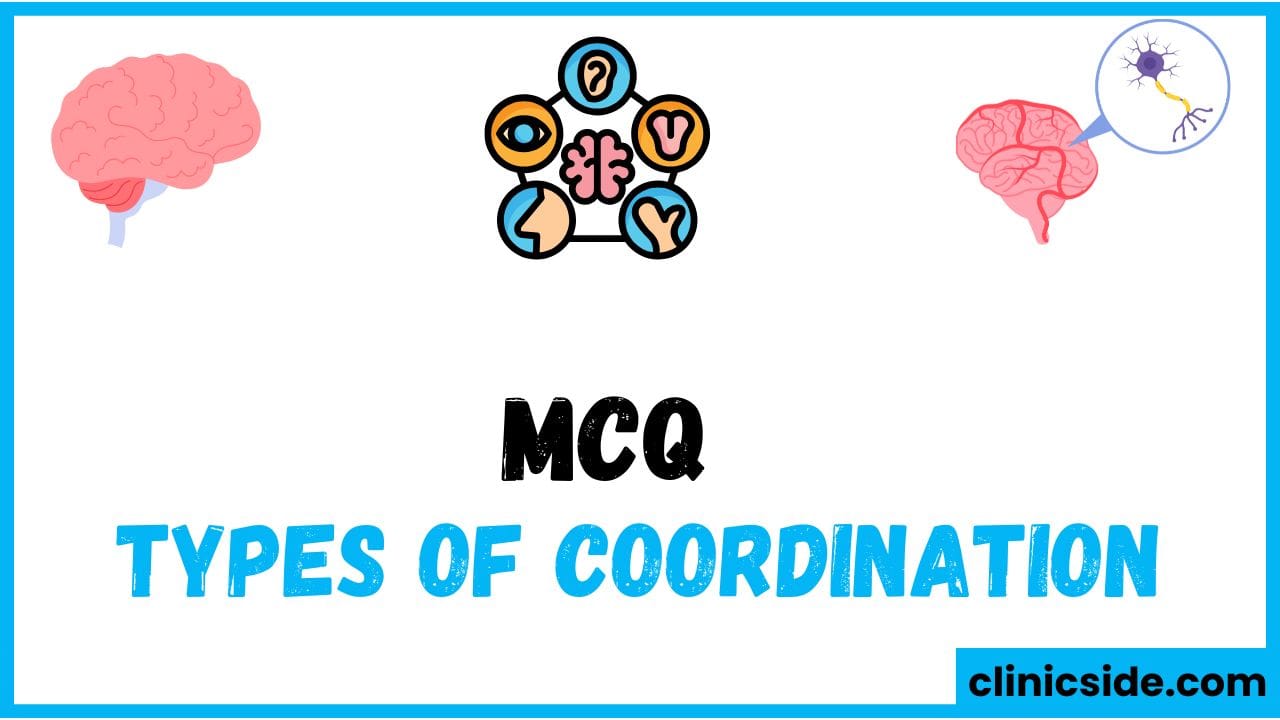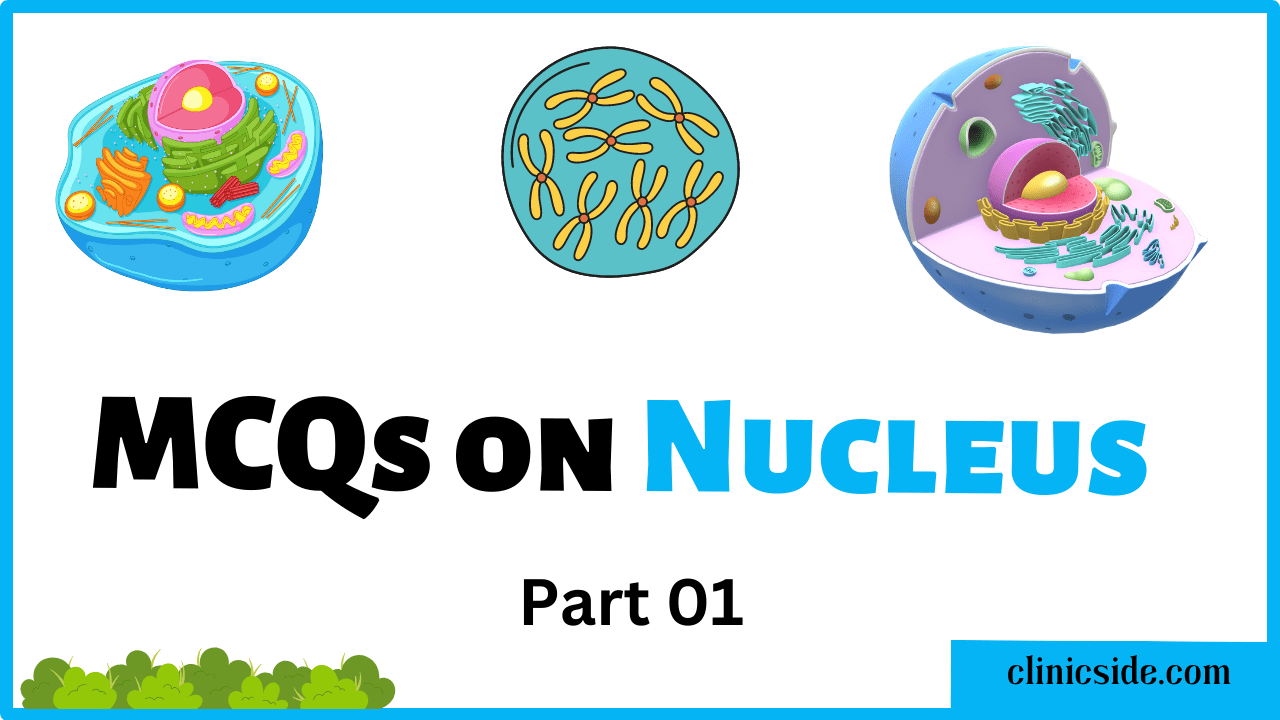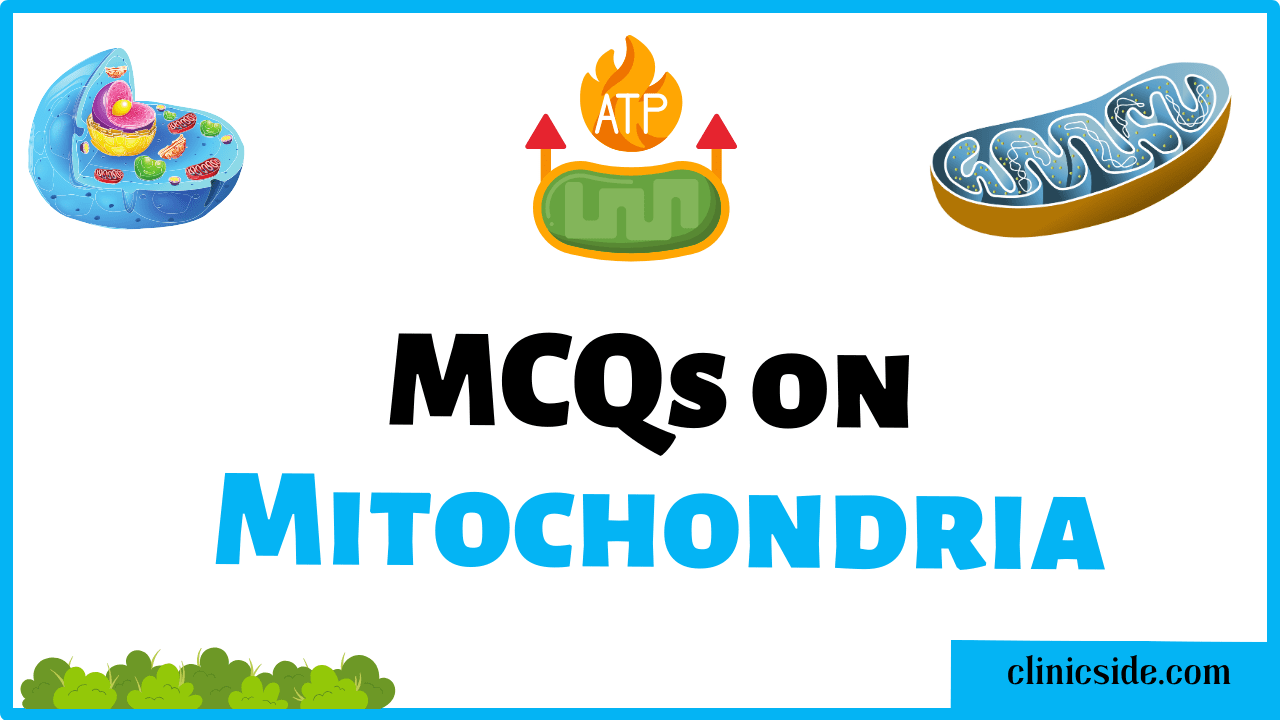Quiz
Available options: 1 to 20
Neural and Hormonal Coordination: Insights and Practice Questions
The ability of the body to maintain its functions in a coordinated manner is a cornerstone of biological systems. This coordination is achieved through the collaboration of the nervous and endocrine systems. Together, they help regulate internal processes, respond to changes, and maintain balance in the body. Below is an overview of these systems, followed by practice MCQs to test your understanding.
Neural Coordination
The nervous system ensures quick and precise communication within the body using electrical impulses. It consists of the central nervous system (CNS) and the peripheral nervous system (PNS).
Key Features of Neural Coordination
- Neurons as Communication Units:
Neurons transmit electrical signals, with dendrites, axons, and synapses playing essential roles in the process. - Role of Neurotransmitters:
Chemical messengers like serotonin and dopamine facilitate communication between neurons at synapses. - Reflex Actions:
Reflexes are automatic responses to external stimuli, like blinking or withdrawing from a hot surface, ensuring immediate protection. - Autonomic Nervous System:
This division manages involuntary processes such as heart rate, digestion, and respiratory function.
Hormonal Coordination
The endocrine system complements neural functions by using hormones to regulate and coordinate body activities. Hormonal actions are slower but tend to have prolonged effects.
Key Features of Hormonal Coordination
- Endocrine Glands:
Hormones are secreted by glands like the thyroid, adrenal glands, and the pituitary, directly into the bloodstream to reach target organs. - Pituitary Gland:
Known as the “master gland,” it governs several other glands and is crucial for growth, reproduction, and metabolism. - Feedback Mechanisms:
Hormonal balance is often maintained through feedback loops, ensuring processes remain stable. - Important Hormones:
- Insulin: Regulates blood sugar levels.
- Melatonin: Controls sleep-wake cycles, produced by the pineal gland.
- Adrenaline: Prepares the body for action during stressful situations (“fight or flight” response).
Comparing Neural and Hormonal Coordination
| Aspect | Nervous System | Endocrine System |
|---|---|---|
| Signal Type | Electrical | Chemical |
| Response Speed | Very fast | Slower |
| Effect Duration | Short-term | Long-lasting |
| Primary Function | Immediate response | Regulation of ongoing processes |
Significance of Coordination Systems
These systems play a vital role in:
- Maintaining Balance: Ensuring internal stability despite external changes.
- Regulating Body Functions: Including metabolism, growth, and reproduction.
- Responding to Stimuli: Neural responses offer quick reactions, while hormonal responses provide sustained regulation.
How to Use the MCQs
- For Learners: Test your understanding of the topics and solidify your knowledge.
- For Educators: Use these questions to engage students in learning or as assessment tools.
- For Enthusiasts: Explore the fascinating mechanisms of human physiology.





